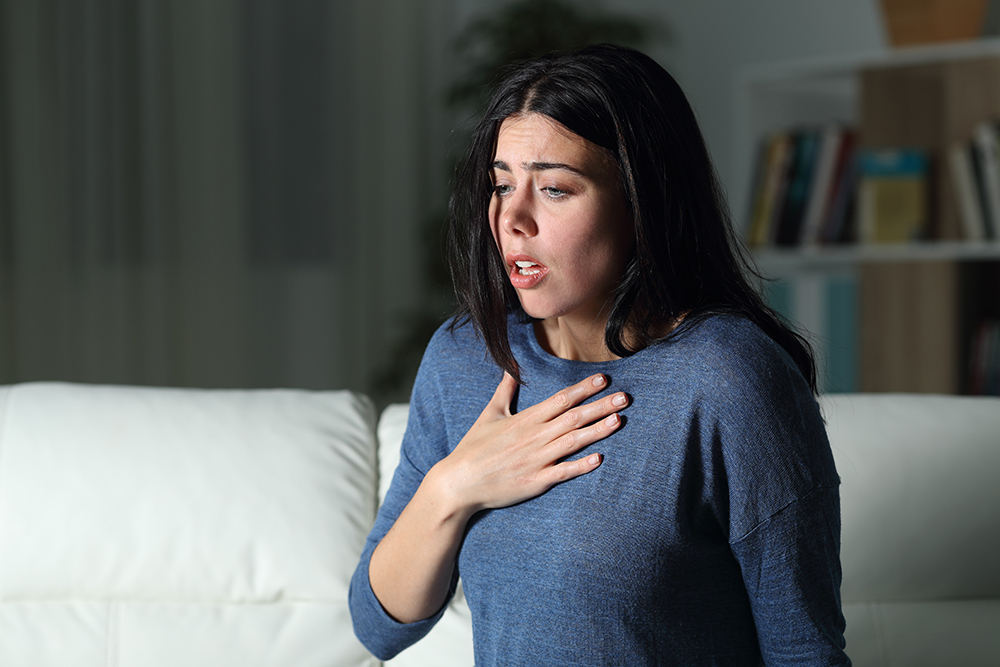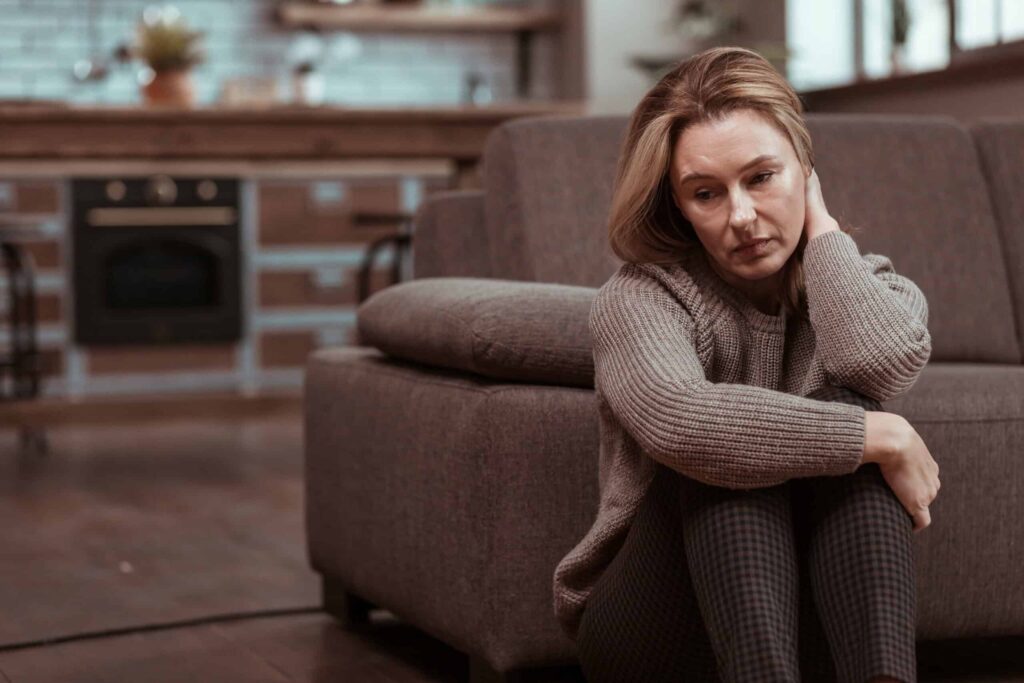Anxiety and depression are both widespread mental health conditions, yet it can be challenging to distinguish the two. Both can mirror symptoms of the other, and both can impact our lives in significant ways. Moreover, depression and anxiety often co-exist, with many people feeling the effects of both simultaneously. Nearly half of all people with anxiety experience depression alongside it.
Although they bear similarities, both depression and anxiety have tell-tale signs that can help you differentiate between the two. Knowing the differences between the two is a crucial step towards improving your mental health.
How are Depression and Anxiety Defined?
Despite ever-increasing knowledge about depression and anxiety, the two terms are used more liberally than ever. Although depression and anxiety manifest differently in each person, it’s helpful to start by defining each.
Depression refers to a single condition, while anxiety covers a broad group of conditions, including less common conditions like phobias and panic disorders.
Depression is generally described as a state of prolonged sadness or apathy. Those with depression often feel a lack of energy and motivation to do the things they once enjoyed.
Anxiety is complex and has several subcategories. The most typical types of anxiety are generalized anxiety and social anxiety disorders. In general, anxiety is characterized by excessive worry. However, the symptoms are much more far-reaching.
What are the Similarities Between Anxiety and Depression?
Depression and anxiety can have similar physical symptoms that make it hard to differentiate one from the other. Both depression and anxiety are often accompanied by:
- Fatigue or tiredness
- Inability to focus and brain fog
- Difficulty sleeping
- Fidgeting and difficulty remaining still
- Irritability or feeling on edge
Note that these symptoms may be characteristic of other unrelated conditions.
What are the Differences Between Anxiety and Depression?
Physical Symptoms
Although they share some physical symptoms, anxiety, and depression each have other unique symptoms that can help you pinpoint with which you are struggling. Physical symptoms of depression can include:
- Weight gain or loss due to changes in appetite
- Low energy levels and slow, listless movements
Anxiety’s unique physical symptoms tend to include:
- Tight or sore muscles
- Headaches
- Sweating
- Dizziness
- Irritable bowels
- Racing pulse
- Difficulty breathing

People with anxiety do not necessarily experience all of the above symptoms.
Mental Symptoms
Although unique to each person, mental symptoms of depression tend to be:
- Lack of motivation to complete minor tasks or keep up with routine habits
- Lack of interest in hobbies or activities formerly enjoyed
- Feelings of hopelessness or despair, often inexplicable and not traceable to any current life event
- Feelings of guilt, worthlessness, and low self-esteem.
Commons symptoms of anxiety include:
- Worrying about the immediate or distant future
- Racing thoughts, cyclical thoughts, and trouble calming the mind
- Isolating or avoiding social or public gatherings
- Worrying about death. People with anxiety may have reoccurring thoughts about their own death, even if there is no imminent threat to their safety.
As mentioned, anxiety covers an array of conditions, meaning symptoms vary widely from person to person. For example, someone with generalized anxiety disorder may have a preoccupation with death. In contrast, someone with social anxiety may isolate themselves from social gatherings for fear that they are disliked or will embarrass themselves.
Pre-existing conditions also influence how anxiety symptoms manifest. People with Obsessive-Compulsive Disorder and anxiety tend to obsess over unrealistic situations or fantasies and may act impulsively.
How do Depression and Anxiety Influence One Another?
The link between depression and anxiety is stronger than once thought. Anxiety and depression often work in tandem, with the symptoms of one influencing the onset of the other. For example, isolation from social events due to fatigue or low motivation from depression can morph into symptoms of social anxiety due to extended time away from social settings. Conversely, anxiety can keep you up at night, and poor sleep can exacerbate depression symptoms.
We are Here to Help you With Your Mental Health
It’s important to point out that feelings of anxiety, sadness, lack of motivation, and the like are all normal emotions that everyone is likely to feel at some point. Feeling such things from time to time is natural and no cause for concern. However, if you struggle with these feelings regularly, it may be time to consult a doctor about the issue.
At Arcara Personalized Psychiatry, we can help you with your mental health. Everyone’s needs are different, and we offer a personalized approach to help you meet your mental health goals. Our licensed nurse practitioners assess everything from family history and traumatic experiences to genetics to determine the best course of action to help you improve your mental health.



